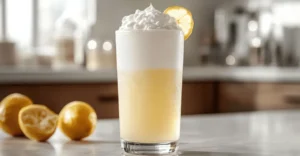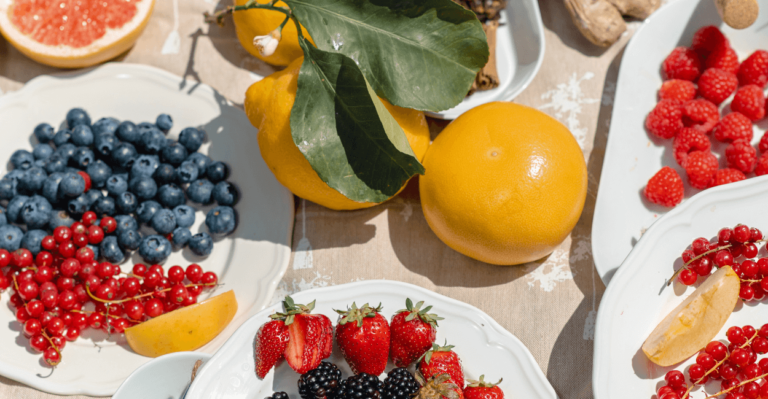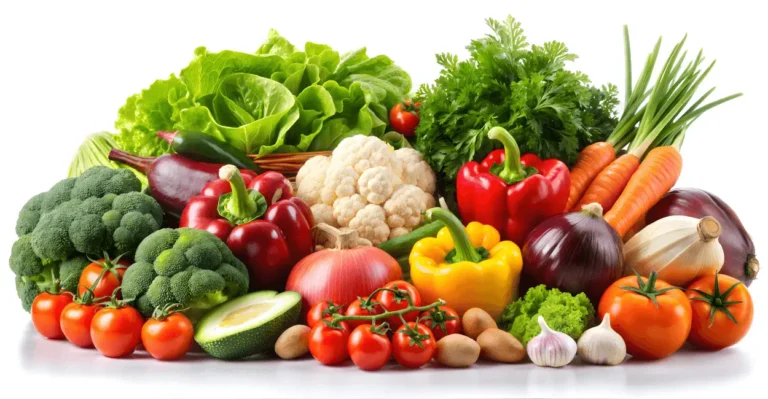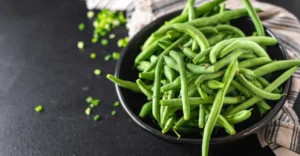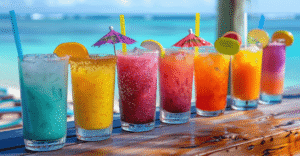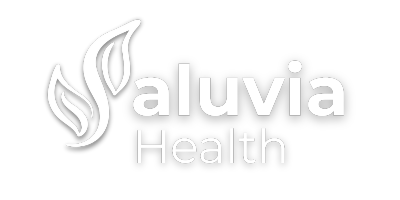
With summer temperatures soaring, staying hydrated is more important than ever. But while grabbing a cold drink seems like an easy fix, not all beverages are created equal — especially if you’re trying to stick to a healthy diet.
“Healthy drinking is incredibly important,” says registered dietitian Natalie Rizzo. “It’s not just about hydration. The drinks you choose also impact how many calories and how much sugar you take in each day.”
Beth Kitchin, Ph.D., another registered dietitian, agrees. “People often overlook how much sugar and calories come from drinks, particularly juices,” she explains. And hydration isn’t only about quenching thirst. According to the National Institutes of Health, you lose water every time you sweat, go to the bathroom, or even breathe — meaning you constantly need to replace it.
The best drink for your body is still water
Hands down, water is the healthiest option. “Your body is about 60% water, and it plays a role in nearly every process that keeps you alive,” Rizzo notes. “You literally can’t survive without it.”
Water is also the most effective way to quench thirst. But if you find plain water boring, don’t worry — there are other healthy choices that can help you stay hydrated without derailing your nutrition.
1. Flavored seltzer
If you crave something fizzy, flavored seltzer is a solid choice. It’s simply carbonated water with a touch of natural, unsweetened flavoring — usually zero calories and zero sugar. Just be sure to check the label, since some brands sneak in sweeteners.
Dentists do caution that the acidity from carbon dioxide can slightly erode tooth enamel over time if consumed excessively. But for most people, enjoying seltzer in moderation is perfectly fine.
2. Mineral water with a splash of juice
Kitchin likes to mix sparkling water with a bit of orange juice, getting flavor without downing a full glass of sugary juice. Pure fruit juice does offer nutrients, but it’s also calorie-dense. Rizzo recommends capping juice intake at about 8 ounces per day to keep sugar in check.
3. Coffee and tea
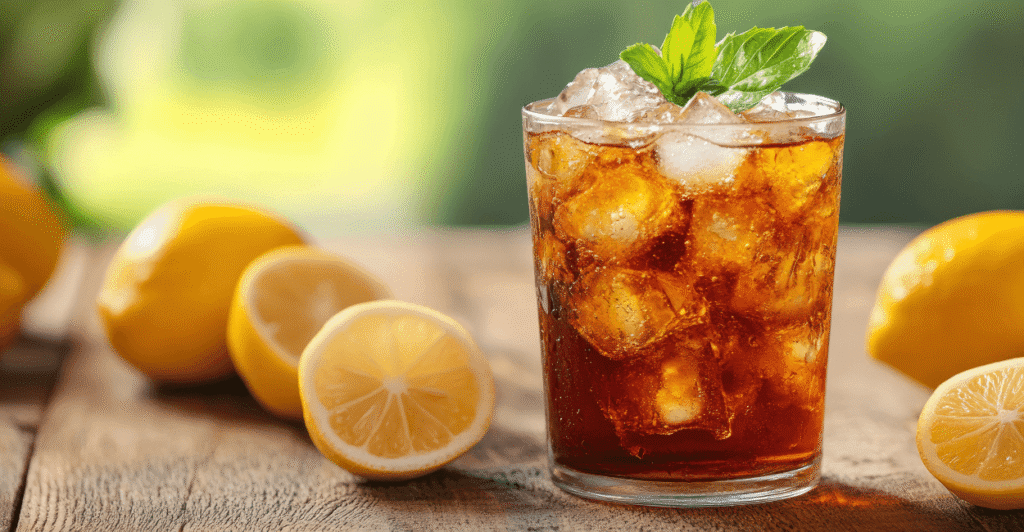
Both drinks come from plants, meaning they’re packed with phytochemicals and antioxidants that help fight damage from free radicals. Contrary to popular belief, the caffeine in coffee or tea won’t dehydrate you.
According to the FDA, up to 400 milligrams of caffeine daily (roughly four cups of brewed coffee) is safe for most adults. Black coffee and plain teas have virtually no calories. If you like them slightly sweet, a little milk or sugar is fine — just watch the amounts. Kitchin admits she’s shocked by how sweet iced tea often comes at restaurants, so she prefers ordering it unsweetened and adding extra lemon herself.
4. Milk
Milk is more than a kids’ drink — it’s packed with protein, vitamins, and minerals, and since it’s mostly water, it hydrates too. Rizzo points to cow’s milk and soy milk as top choices for nutrients.
Kitchin notes that milk can even help with appetite control. “I have a patient who drinks a cup of milk to keep her from overeating because it’s so satisfying,” she says. Just keep in mind it’s not exactly a gym bottle pick — no one’s taking a milk-filled water bottle to a workout.
Plant milks like almond or oat can hydrate too, but watch for added sugars.
5. Smoothies
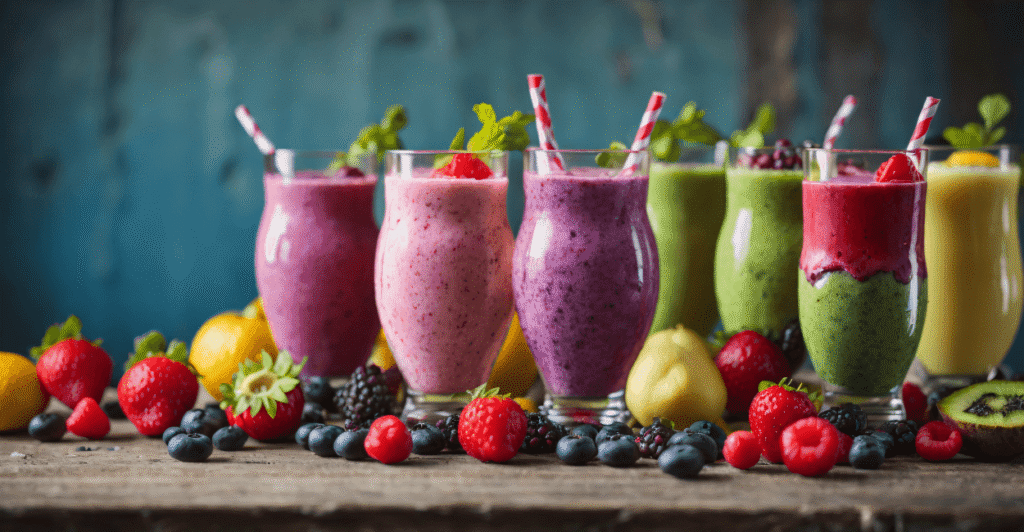
Healthy smoothies depend on what you blend. Rizzo’s post-workout favorite is a smoothie with Greek yogurt, fruit, and soy milk, offering protein for muscle recovery. Kitchin makes hers with orange juice, yogurt, and lots of fruit. Just skip the sugary ice cream or heavy syrups to keep it light.
6. Coconut water
Coconut water is the clear liquid inside young coconuts. It’s rich in potassium and electrolytes, making it a refreshing alternative to water. But even unsweetened, it has about 44 calories and nearly 10 grams of sugar per cup, so Rizzo suggests drinking it in moderation.
Kitchin adds there’s a lot of hype around coconut water’s supposed superpowers, but little strong evidence to back up the claims.
Drinks to watch out for
Two main categories of drinks stand out as best to avoid:
Regular soda: Rizzo calls it “basically a can of sugar.” One 12-ounce Coke has 39 grams of added sugar, nearly hitting the 50-gram daily limit on its own. If you love soda, she recommends diet versions or looking for healthier soda alternatives.
Alcohol: There’s no truly healthy level of drinking. If you do choose to drink, light beer is among the least harmful options, though it — like all alcohol — acts as a diuretic, making you lose more fluid. “You might feel like it’s quenching your thirst, but it’s not,” Rizzo explains. Kitchin sums it up: “With alcohol, less is best.”



